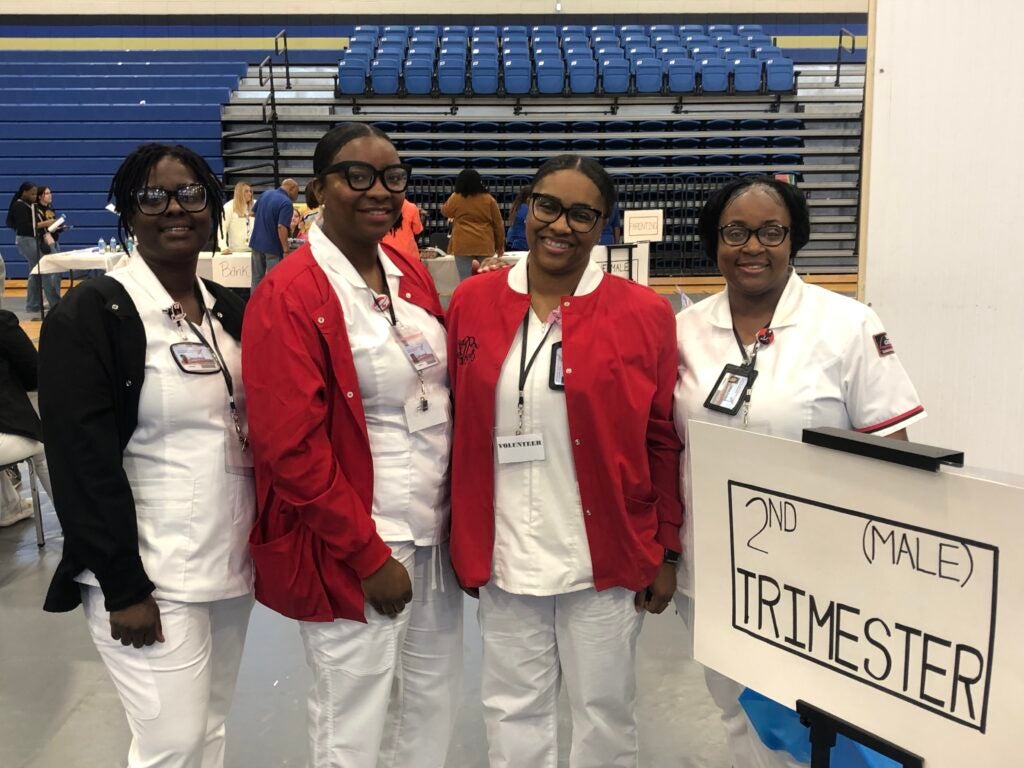Teen Maze Held at Ignite College and Career Academy
Published 9:52 am Tuesday, March 26, 2024
|
Getting your Trinity Audio player ready...
|
Betty Suggs, work-based learning system coordinator and co-director of Teen Maze talked about
its importance. Suggs told how the students needed to know how their choices can impact their
path in real life, but that the choices were picked at random for the maze. “Some thought that
they were big, tough kids and then they went through the maze and passed away, and then
noticed that hey, I’m not as tough and strong as I thought I was. As long as we make a difference
for one child, we’re good.”
Students picked out slips of paper that held different choices. Each choice held certain
consequences that were discovered by traveling from one booth to another. Several booths
detailed the consequences of pregnancy. One geared towards the father showed what the
pregnancy process was like. Jareca Searcy explained: “Our booth is second male trimester, and
we basically educate the boys on what the woman is going through during her second trimester
of pregnancy.” She talked about the importance. “Basically to know the symptoms and why the
woman might act the way she acts, and how the baby is developing.”
The parenting booth instructed those whose choices had led to them becoming parents on how to
change diapers, how to hold infants, use a car seat, and about shaken baby syndrome.
The Coroner and Deputy Coroner provided a casket with a mirror for those whose choices had
resulted in death. Later during a car crash simulation, Deputy Coroner Mathis Wright told how
many that age probably felt invincible but weren’t. Coroner Clifford Walton talked to the
students about how they shouldn’t take the simulation as a joke. “We’re trying to help y’all not
end up like this.”
Mike Karnes, program director of New Life, taught students about the effects of opioids. He
talked to the students about Narcan, and how it can temporarily blocked opioid receptors, but
that getting patients to the hospital was crucial. He stated that in Georgia, people calling in an
overdose can’t be arrested according to State Law and it won’t go on their record. He told how
students would come up to the booth laughing, but grew quiet and listened once they realized
how serious the effects were.







